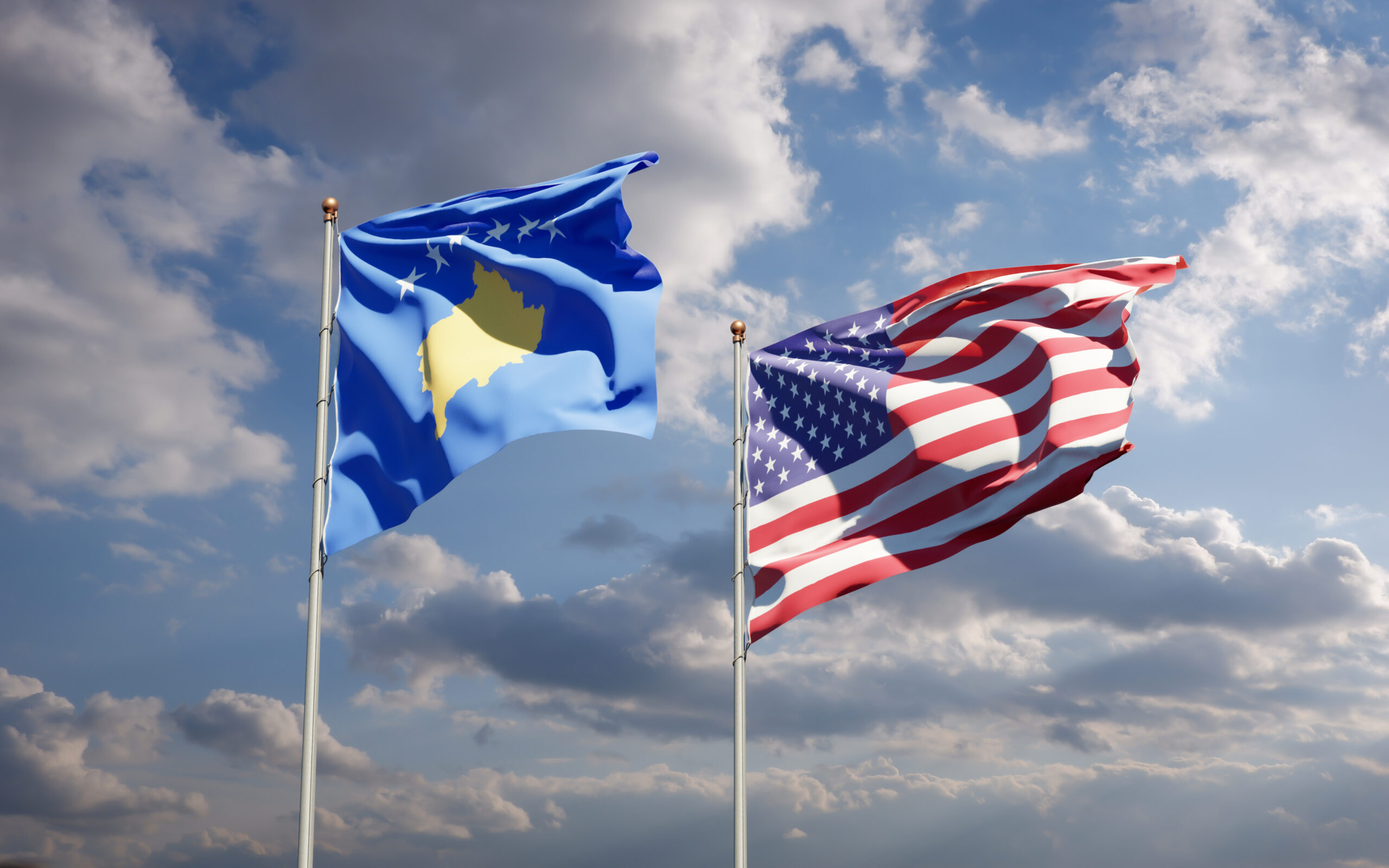Trump’s inauguration sparks uncertainty for Kosovo

The inauguration of President Donald Trump introduces uncertainty for Kosovo. Concerns have arisen that the new U.S. administration may lean toward favouring Serbia’s interests, potentially affecting Kosovo’s diplomatic standing. However, some of President Trump’s key appointments, such as Marco Rubio as Secretary of State, who has previously highlighted the U.S. role in stopping ‘evils such as Serbian ethnic cleansing,’ have generated cautious optimism in Kosovo.
Additionally, Kosovo President Vjosa Osmani in a congratulatory letter on President Trump’s inauguration has signalled the willingness to engage with the new administration.
Despite these positive signals, the anticipation of a second Trump presidency brings a sense of nervousness to Kosovo and Serbia. Kosovo’s government under Albin Kurti may have more reasons for concern, given past tensions during President Trump’s first term. With Kosovo already experiencing a level of isolation and its relations with both the U.S. and the EU strained over the past four years, the Kurti government is likely to have even less room to manoeuvre with President Trump’s return to office.
Context: Since Kosovo declared independence in 2008, the U.S. has been one of its most important international backers. However, the Trump administration’s more unpredictable and less ideologically driven approach to foreign policy could create uncertainty for Kosovo.
President Trump’s first term in the White House was characterized by tense relations with prime minister Albin Kurti’s first government.
The White House secured an agreement on normalization of economic relations between Kosovo and Serbia that was signed in September 2020 in the presence of President Donald Trump. This agreement, which also included Kosovo’s recognition of independence by Israel, has not been fully implemented.
The agreement was signed months after the collapse of the first government of Prime Minister Kurti, who failed to meet U.S. demands to lift the 100 percent tariffs on Serbian goods that were imposed in November 2018 in response to Serbia’s approach to Kosovo’s statehood. This led to the collapse of Kurti’s government, followed by a new government that signed the agreement in Washington.
Prime Minister Albin Kurti at the time accused U.S. envoy Richard Grenell of ‘pushing for the vote that brought down his government.’
One issue that garnered great attention during President Trump’s first term was the proposal for territorial exchanges between Kosovo and Serbia. Trump’s national security adviser, John Bolton, who left office in 2018, stated that while the United States would not involve itself in a territorial swap between the two countries, it would not obstruct the parties if they chose to pursue it.
In 2018, Kosovo President Hashim Thaçi and Serbian President Aleksandar Vučić, during a debate at the Alpbach Forum in Austria, called for international backing for any agreement reached through EU-mediated talks, even if it involved border changes.
This idea was rejected by several European Union countries, with Germany being the most vocal in its opposition.
Richard Grenell, the White House envoy for the Kosovo-Serbia dialogue, repeatedly denied that the United States was involved in discussions regarding a territorial swap.
As a matter of fact, Trump’s first administration emphasized economic normalization over a political solution and advocacy for Kosovo’s independence. A return to this approach could shift international pressure away from a comprehensive resolution, leaving Kosovo in a state of limbo, and emboldening Serbia in its opposition to Kosovo’s statehood.


